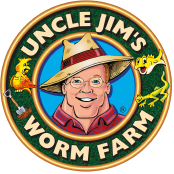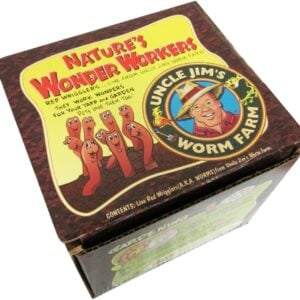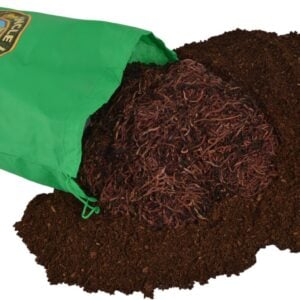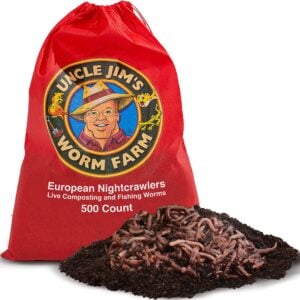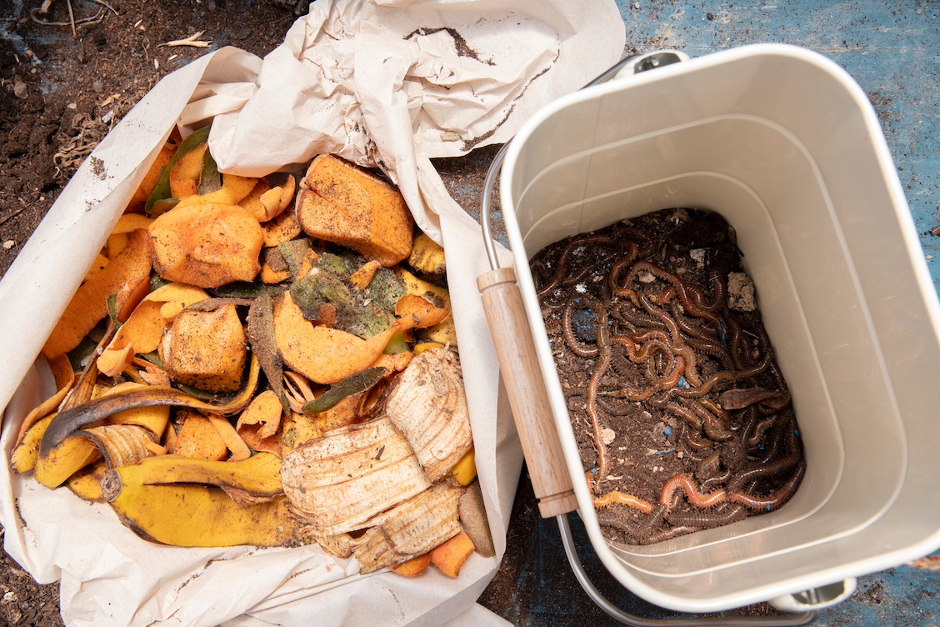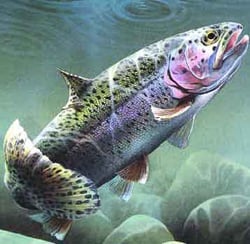 Worm Bin composting come in different shapes and sizes. You can either build this on your own or purchase a commercial bin. So whichever of these choices suit your taste, these still need to pass a certain standard. Your preferred vermicomposting bin should be chemical-free, should have a good aeration system, and should be handy for use all year round.
Worm Bin composting come in different shapes and sizes. You can either build this on your own or purchase a commercial bin. So whichever of these choices suit your taste, these still need to pass a certain standard. Your preferred vermicomposting bin should be chemical-free, should have a good aeration system, and should be handy for use all year round.
Of course, your type of earthworm to use should be factored in when maintaining compost bins such as this. You might be able to see a lot of worms in your garden, and you might think that these will do. Well, you’re wrong. Simply put, these garden worms will die if you were to put them inside a worm bin. So, you’ll need the right type of worm specie that can very well live in this type of setup, like Red Wrigglers for example. These red worms are able to adapt and thrive in an environment that is filled with decomposing organic materials. You can get a hold of these red worms from local bait shops near you, or have these shipped to you instead (there are several worm farms listed in the directory and online).
So when you’ve found the right specie of earthworm to raise (red wrigglers that is), then you may very well proceed to setting up your red worm bin. So to start off, your worm composting bin should have a cool, and always moist bedding. You can put in your kitchen or lawn wastes by burying these on the bedding. Kitchen and lawn waste can be in the form of fruit and vegetable peels, coffee grounds, crushed egg shells, tea bag filters, dried leaves, grass clippings, and some pre-soaked shredded newspaper and peat moss. The worms themselves (with the help of other beneficial microbes that are also present in the bin like bacteria and fungi), will then help in turning these organic scraps into nutrient-filled compost (also known as worm castings or worm manure).
You should also take note that different types of bins also give out different kinds of results. So it’s best to check where to use them, and for what purpose, so that you’ll know which composting bin to get; as there are bins like stationary bins, as well as rotating ones. So basically, worm bins are those that are ideal to use when you’ve got very little space in your house. Other than that, keeping one for your composting needs is a very inexpensive setup, as adding worms speeds up the process more effectively. The worms in your bin will definitely be of good use to you later on, as they can also be harvested for fish bait. You’ll be able to use their castings too, as a natural fertilizer for your soil and plants.
So, remember to get a worm composting bin that can be easily handled, something that will help you create quality-made compost, and more. Worm Bins Composting is inexpensive to have, and will definitely bring you a lot of beneficial things for your gardening needs. You can also choose to compost without using any worms. You can do so by just composting your organic scraps in the kitchen. You can learn more about this from our article: Composting 101: Organic composting.
Uncle Jim’s recommends The Worm Factory
The Worm Factory will help you produce the best compost for your garden! And not only that, it features a year-round worm production, as well as an odor-free system. It is made available in 3, 4 or 5 tray options; and are available in Black and Terracotta. It’s easy to assemble, and also comes with a ‘worm tea’ collector. Order yours now, and get many more features in return!
To know more about the product, check the The Worm Factory here.
